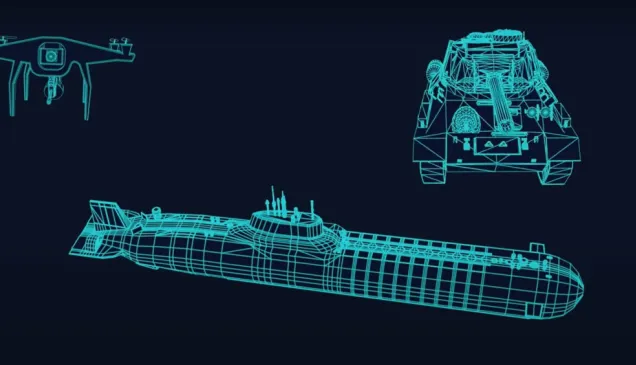As delivered by ICRC President Peter Maurer
Excellencies, dear colleagues,
Communities in the Sahel are reeling from successive crises caused by conflict, criminality, poverty and climate shocks.
Today, the ICRC is appealing for financial and political commitments to meet the challenges of the region, including a fundamental change of behavior of belligerents for better respect of international humanitarian law, investments in sustainable responses and greater protection of humanitarian work.
Through its delegations in Mali, Niger and Burkina, ICRC is working to deliver a multidisciplinary response to meet the urgent needs of people.
We focus on reaching communities in remote and insecure places. We combine humanitarian assistance with protection. We combine emergency responses with resilience programs.
We combine international and local expertise. Working with Red Cross National Societies, we ensure our response is grounded at the community level.
The ICRC has identified three essential shifts to alleviate the humanitarian crisis:
One, peace and security will not be established by focusing on military and security measures to curb conflict and violence. Those most at risk must be at the center of our concern and an urgent priority.
Today, in all three countries of Central Sahel, the civilian population is enduring a major protection crisis, with violations of fundamental rights occurring daily.
As frontlines shift, we see internal displacement on a large scale: this year alone there has been a 59 percent rise in the number of people displaced in Burkina Faso.
Respecting - and ensuring respect - for international humanitarian law would not only protect people from the impacts of war but also shield against the subsequent shockwaves, whether health, economic or environmental.
The second shift required is an ecosystem that strengthens the resilience of vulnerable communities.
In protracted and multi-layered conflicts, emergency responses that continue for years cannot adequately be sustained. The ICRC is adjusting our humanitarian work to strengthen local communities, reduce dependency on aid and help lay the groundwork for larger-scale development.
For example, when I visited Burkina Faso in September I saw how the delivery of food parcels is being replaced by seeds and tools to support of sustainable livelihoods. Instead of trucking water into communities for years we are repairing damaged water points and building new ones. We call on governments as development actors and as donors to not abandon remote and unstable areas, but instead develop a dialogue with communities and humanitarians, to understand people's needs, as well as their capacities and the local initiatives that can be further supported.
And thirdly, neutral, independent and impartial humanitarian action must be protected.
It's a deadly paradox: while people's needs are escalating, the work of humanitarians is being increasingly constrained, whether from direct attack, criminality, or the imposition of armed escorts. The humanitarian space must be protected, without exception.
Colleagues, this is an urgent call in the face of deteriorating conditions: we call on the international community to reset its engagement in the Sahel, so people can live in safety and with opportunity and dignity.
Thank you.



